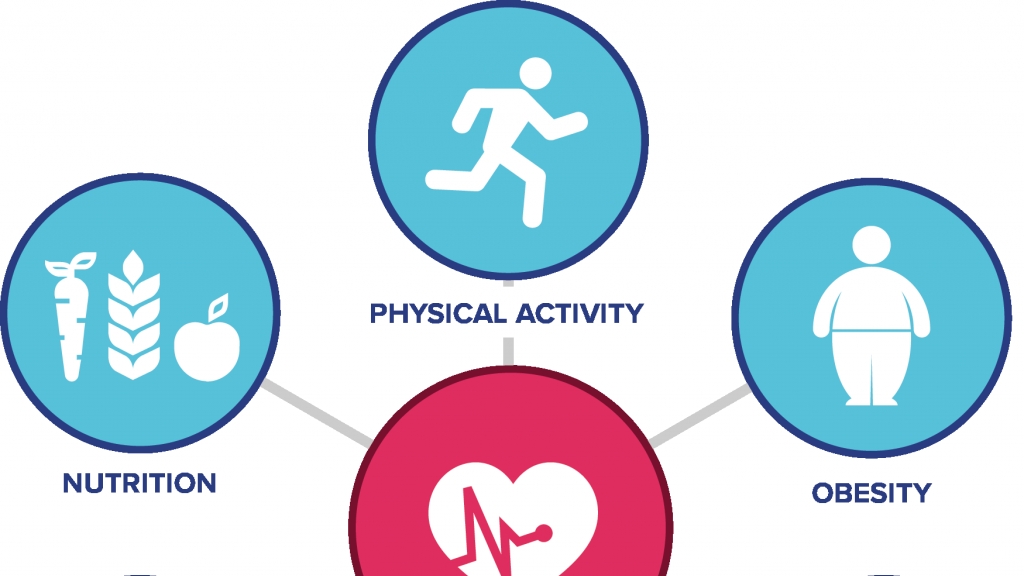
Understanding Hypertension
Hypertension, also known as high blood pressure, is a silent and potentially deadly condition that can lead to severe health problems like heart attacks and strokes. It manifests when the force of blood pushing against the artery walls is consistently too high. It is a common condition affecting both adults and children and comes in two main types: primary and secondary hypertension. Primary hypertension develops gradually over many years, while secondary hypertension appears suddenly, often as a result of an underlying condition. Uncontrolled high blood pressure can lead to complications such as damage to blood vessels and organs.
The Role of Diet and Lifestyle
One of the significant factors in managing hypertension is maintaining a balanced diet and positive lifestyle changes. A healthy diet and lifestyle can help keep blood pressure levels within a healthy range. The DASH diet, in particular, stands out as an effective approach to lowering blood pressure. This diet is low in sodium and high in fruits, vegetables, and whole grains. It is also essential to avoid foods like processed meats, saturated fats, salt, and excessive alcohol intake. Regular monitoring of blood pressure, coupled with these dietary and lifestyle modifications, is crucial in preventing high blood pressure.
Digital Health Interventions
Recent studies have shown that digital health interventions can significantly improve blood pressure levels, particularly in populations experiencing health disparities. These interventions include remote blood pressure monitoring, community health workers, and cultural tailoring. They have shown to produce greater reductions in systolic blood pressure at 6 and 12 months compared with standard care. Thus, tailored initiatives leveraging digital health have the potential to advance equity in hypertension outcomes.
The Importance of Hydration
Keeping the body adequately hydrated also plays a critical role in managing blood pressure. Dehydration can negatively impact blood pressure levels. However, it is worth noting that certain foods and drinks, such as grapefruit and grapefruit juice, can interact negatively with certain blood pressure medications.
Further Steps in Hypertension Management
High blood pressure affects a significant portion of the global population. However, it can be controlled with healthy eating, regular exercise, daily medication, and stress management. Some of these lifestyle modifications include maintaining a healthy weight, reducing sodium intake, managing stress, staying physically active, limiting alcohol intake, and quitting smoking. Stress, in particular, can significantly impact heart health by leading to high blood pressure and increasing the risk of heart attack and stroke. Pharmacists play a vital role in reducing the progression of other cardiovascular diseases through extensive patient education on the importance of medication adherence and home blood pressure monitoring.
